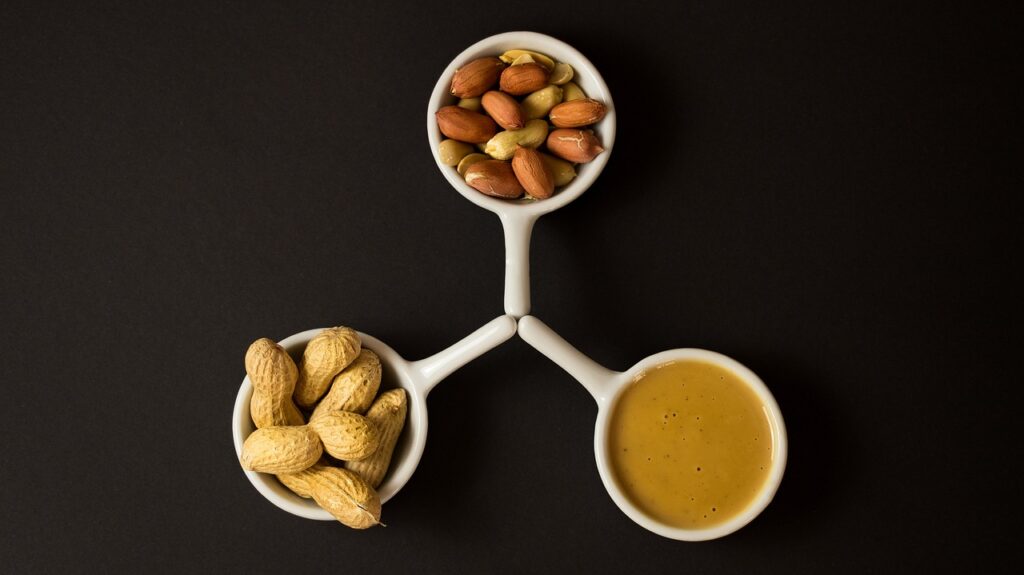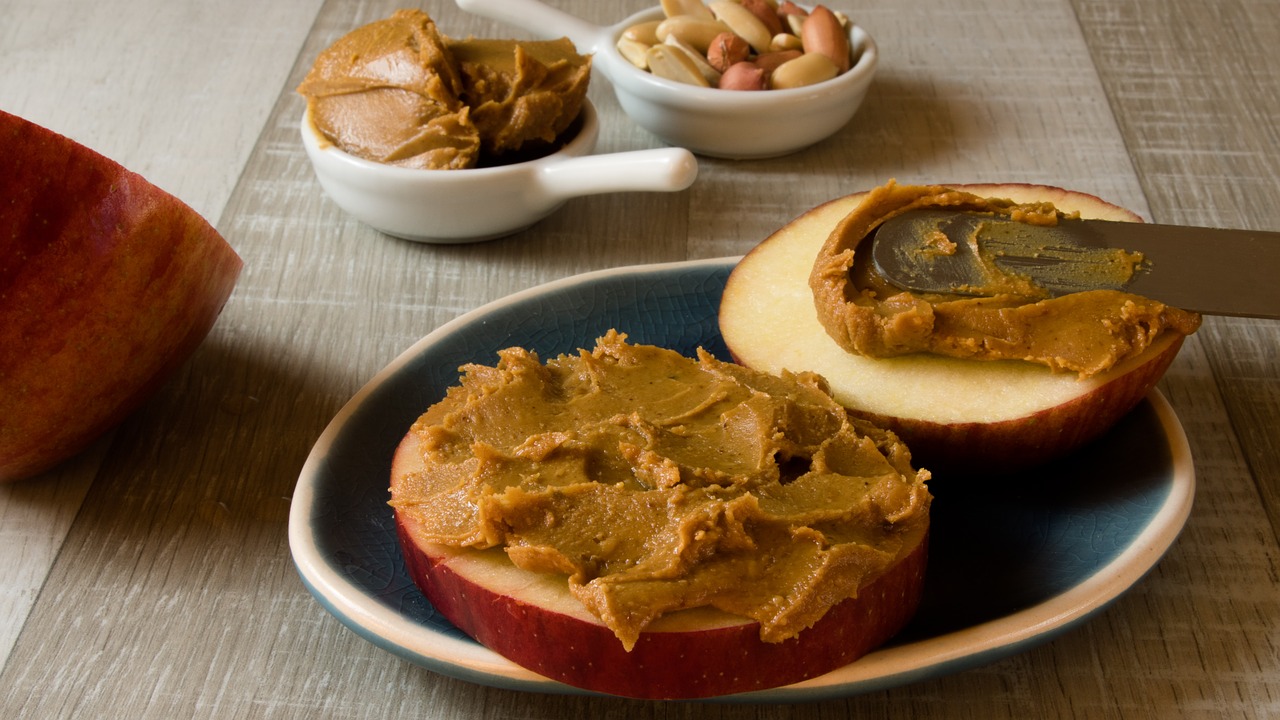Peanut butter is delicious, nutritious, and healthy. Like humans, dogs find it irresistible. This is why most dog treats in the market are enriched with this high-fat superfood.
Apart from being healthy, peanut butter is also versatile.
Whether you smear it over a lickmat, hide a pill inside it, stuff it in your dog’s favorite toy or simply let him lick it off the spoon, your furry friend will jump at the offer right away.
On a sad note, though, not all peanut butter brands are safe for your dog. Some use ingredients that can be dangerous for a dog in more ways than one.
One of the famous brands that we’ve grown to love is Skippy. It is easily available, truly delicious, and affordable.
But is it safe for your dog?
Xylitol, the Dog Killer
In its natural state, peanut butter is 100% safe for dogs.
Things get complicated when xylitol is introduced in the mix.
In case you don’t know, xylitol is a sugar-alternative found in a number of things such as baked goods, sugar-free gum, and some toothpaste brands. It is mainly used as a natural sweetener.
While xylitol is fine for humans, it is toxic to dogs.
Ideally, when a dog ingests as little as 1.4 grams of xylitol, his pancreas will be stimulated to raise insulin rapidly. This can either cause a drop in blood sugar (hypoglycemia) or lead to severe liver failure.
Symptoms of xylitol poisoning include vomiting, staggering, collapse, coma, disorientation, and seizures.
Hypoglycemia can occur within 30 minutes of consuming the deadly xylitol. If not treated, it could be utterly fatal.
Learn more here: How Long Does Xylitol Stay in a Dog’s System?
Does Skippy Contain Xylitol?
Skippy is a famous peanut brand. You can find it in leading online and physical stores.
Thankfully, this brand doesn’t add xylitol on their peanut butter recipes. So, you can give Skippy peanut butter to your dog without any issue.
However, some of the ingredients used to make Skippy peanut butter such as added sugars, palm oil, and hydrogenated oils may be harmful to some dogs, especially if you feed your dog large quantities of Skippy (or any other peanut butter for that matter).
Excess amounts of sugar is not recommended for dogs as it can cause blood glucose spikes, weight gain, and a wide range of health issues.
If your dog is diabetic, for instance, it would be better to stay away from Skippy peanut butter altogether.
On the other hand, hydrogenated oils make the butter spreadable but since peanuts have lots of fat, they have zero benefits for your dog.
You may also want to check:
Is Peter Pan Peanut Butter Safe For Dogs?
Is Kroger Peanut Butter Safe for Dogs?
How to Choose the Best Peanut Butter for Your Dog

If you don’t read ingredient labels before buying peanut butter for your dog, now would be a good time to start.
Generally, anything that contains xylitol or chocolate should never be given to a dog.
Most of the peanut butter brands offer tremendous benefits to your dog but probably use extra sugar and preservatives that may harm your canine friend.
To be safe, look for brands that list only one ingredient: peanuts. This means that they are free of preservatives, additives, sugar, salt, or hydrogenated oils.
Crazy Richard Peanut Butter, for instance, meets all these requirements—peanuts are the only ingredients and it has no added sugar, salt, or hydrogenated oils.
If you are a DIY enthusiast, consider making your own butter at home. All you need is a peanut grinder (or food processor) and a bag of healthy peanuts.
Closing Thoughts
When looking for an easy, healthy, and affordable dog treat, peanut butter is the best option in the market.
You can use it in so many ways. However, if it is enriched with the wrong ingredients, it can be harmful to your dog.
Read your labels thoroughly and only trade your coins for safe products.
As an Amazon Associate, we may receive a small commission from qualifying purchases but at no extra cost to you. Learn more. Amazon and the Amazon logo are trademarks of Amazon.com, Inc, or its affiliates.

